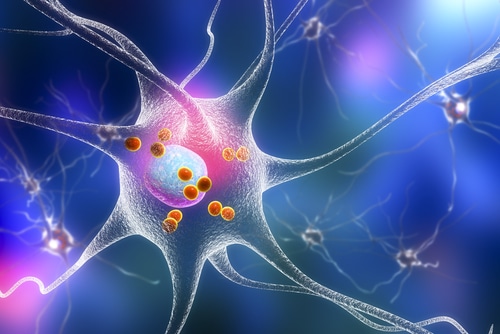Immunologists from St.Jude have found mTORC1 also acts in response to cues from around and in developing T cells and intersects with metabolic activity to influence what kind of T cell they will become, disrupting mTORC1 was observed to cause metabolic changes at the expense of conventional T cells that favored development of unconventional T cells, which may aid researchers to harness the immune system to fight cancer, combat infectious disease, and tame autoimmune disease.
Unconventional and conventional T cells are fundamentally different expressing different cell surface receptors and having different functions, functioning to find and eliminate specific viruses and other threats. Until recently mechanisms that help decide how they are shaped has been largely unknown. T cells play key roles in adaptive immune system functioning. Development occurs in the thymus after immature precursor cells in bone marrow travel to mature and specialize which is signalled in part by antigen receptors or protein T cell receptors, T cells rely on the receptors to recognize targets and respond to changing conditions.
Vast majority of receptors have an alpha protein chain and beta chain, which are conventional T cells circulating widely that reside in the lymph nodes and spleen. Smaller numbers of T cells carry receptors made from a gamma and delta protein chain belonging to unconventional T cells that reside in the gut, skin, and other barrier tissues.
Energy production has been shown to rev up upon activation of mTORC1 through glycolysis and oxidation to fuel anabolic metabolism and promote development of αβ T cells; disabling mTORC1 disrupted metabolism which was associated with reduction in the αβ T cells and an increase in γδ T cells. Deleting RAPTOR protein from mTORC1 disabled it and altered metabolic balance in developing T cells, change decreased anabolic metabolism while increasing levels of toxic reactive oxygen molecule species and upregulated activity along molecular pathways that promote cell growth.
Changes were observed to enhance development of γδ T cells in the thymus while hindering development of αβ T cells. Expression of signature genes associated with γδ T cells was reported in model mice when RAPTOR was deleted from mTORC1 complex.
MTORC1 driven metabolic signalling has been established as a decisive factor for determining development of T cell fates, findings suggest metabolic processes are important mechanisms to connect external signals with internal processes guiding fates of immune cells.




